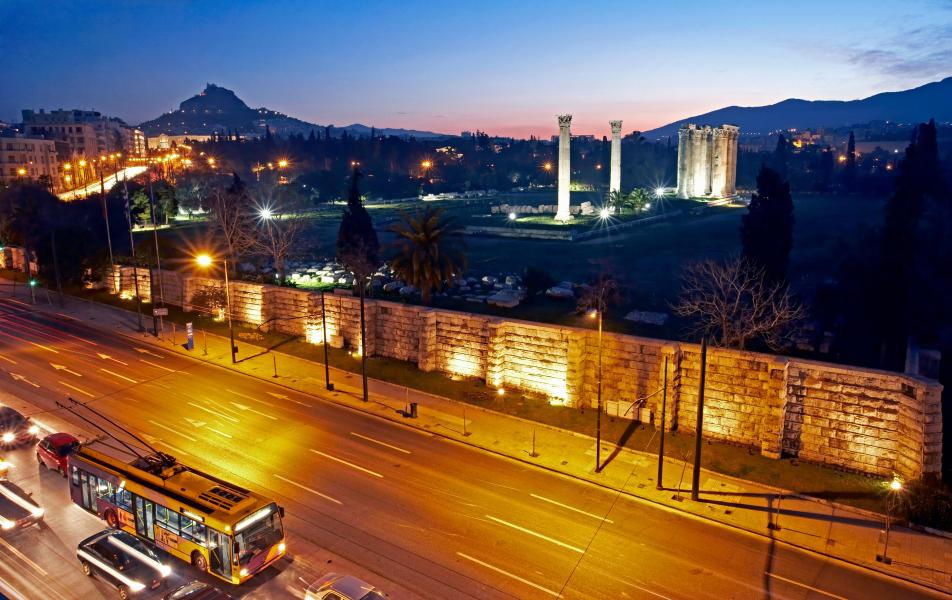With Greece still reeling from a long economic recession, the country’s public transport is suffering. Today, in Thessaloniki and Athens, bus fleets are old and causing a lot of pollution. Currently, it can be hard for some people to find a bus and the number of people employed by the bus service companies has been declining due to a lack of recruitment over the last ten years. The bus system is expected to get worse unless action is taken.
To improve transport, Athens and Thessaloniki are developing the Bus Fleet Renewal Action Plan for 2021-2030. To make public transport sustainable and meet the requirements of the EU Clean Vehicles Directive, these Greek cities have a big hill to climb.






